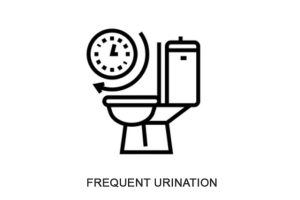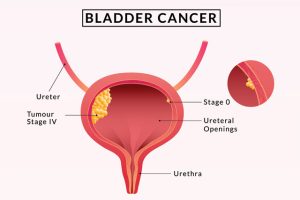It’s bad enough you’re experiencing issues “down there,” but now you’ve been told you need to find a urologist for a consultation. Great! Now, what?
The first thing we want you to do is to relax. You’re going to be amazed when you find out that you’re really not alone if urinary incontinence has got you down. The National Association for Continence finds:
– One in five adults over 40 is affected by overactive bladder or recurring symptoms of urgency and frequency.
– Overactive bladder and urinary incontinence occur about twice as frequently in women as in men and become more prevalent with age.
– An estimated 17 million adults in the United States have daily urinary incontinence, and a further 33 million suffer from the overlapping condition, overactive bladder.
What Does a Urologist Treat?
That’s how the American Urological Association puts it. In more normal terms, if something’s not quite right with any of these things, you’re probably going to want to see a urologist:
- Bladder
- Kidneys
- Ureters
- Urethra
- Prostate
- Penis
- Testes
- Scrotum
All of these things make up a reasonably intricate, somewhat complicated bodily plumbing. When something goes wrong, your urologist is the one you’ll want to turn to for help. He has the experience and training to diagnose and treat diseases and conditions affecting these areas.
How Can I Prepare for My Urological Visit?
It’s essential that you come to your appointment feeling relaxed and confident in the care you’ll be receiving. We believe in clear, honest communication. It all starts when you sit down for your first conversation with doctor. Consider bringing a list of any medications your currently taking and what symptoms you’ve been experiencing. A written list is helpful because you won’t forget to tell the doctor about something important.
How you’re feeling and what’s happening to your body are the most important things you’ll want to discuss with your urologist. This is where you’ll also want to do a little thought ahead of your appointment time. Consider asking yourself the following questions:
- Is there a time of day or night when your symptoms are worse than others?
- Are there times when you find yourself symptom-free?
- How often are you struggling with your symptoms?
- What do you do to get rid of your symptoms?
The details and specifics you can provide, the easier it will be to provide a diagnosis, discuss possible testing, and recommend any necessary treatments.







